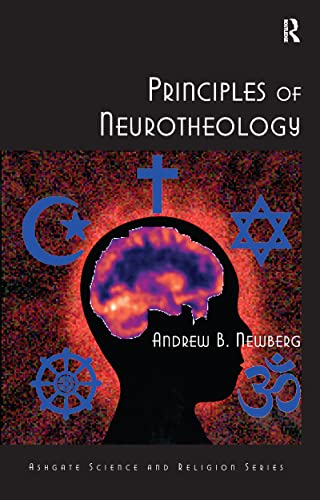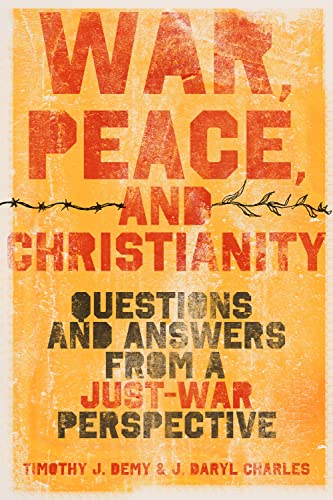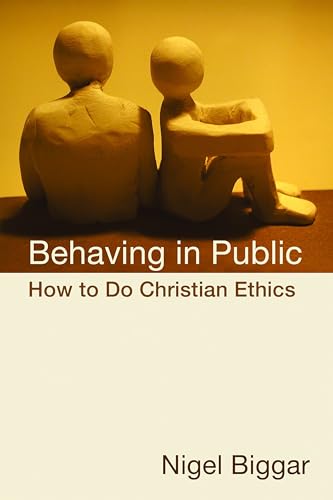Gospel Clarity: Challenging the New Perspective on Paul
Written by William B. Barcley with Ligon Duncan Reviewed By Jason C. MeyerThe authors of this book write as pastoral scholars. William B. Barcley is Senior Pastor of Sovereign Grace Presbyterian Church in Charlotte, North Carolina, and Ligon Duncan is Senior Minister at First Presbyterian Church in Jackson, Mississippi. They are adjunct professors at Reformed Theological Seminary. The seeds for this book were first planted in a course that the authors taught together on “Paul and the Law” in 2003.
This book summarizes and critiques the New Perspective on Paul (hereafter NPP). Chapter 1 overviews the NPP by sketching five of its central ideas: (1) Paul had a robust conscience; (2) Paul was called as an apostle to the Gentiles, not converted to a new religion; (3) first-century Judaism was not a legalistic religion; (4) Paul's letters do not respond to Jewish legalism; and (5) Paul's thought moves from solution to plight; he does not reason from the plight of sin to the solution of Christ as Savior (pp. 18-24). The authors claim that these ideas have created something of a seismic shift in terms of the doctrine of justification by faith alone: it is no longer regarded as central to Paul's gospel, both justification and faith are redefined, and the doctrine of imputation is rejected (pp. 24-28).
Chapter 2 challenges the NPP's understanding concerning the impact of Paul's Damascus Road experience. The authors claim that Paul was radically converted and transformed at this point in his life so that he was forever changed. His letters give evidence of this change in five areas: (1) a transformative personal encounter [Christ was revealed in him (Gal 1:16)]; (2) a far-reaching change in eschatology and theology; (3) a more profound understanding of sin; (4) a radically new experience with grace and thus a new understanding of grace; and (5) a transformational realization that justification does not come from obeying the law (pp. 33-39). The authors also demonstrate how this transformation colors the content of Paul's teaching (pp. 40-47).
Chapter 3 questions E. P. Sanders's reading of Second Temple Judaism in four ways: (1) it is more complex than Sanders's portrayal; (2) it is legalistic even according to Sanders's own formulation (which itself is a semi-Pelagian strand of legalism); (3) Jesus addressed Jewish legalism in the Gospels; and (4) Paul's letters also respond to legalism (pp. 51-71). Chapter 4 responds to James Dunn's understanding of the “works of the Law,” but it is much more. The authors do not merely seek to dismantle Dunn's view; they move the discussion forward by constructing a mini-biblical theology of covenant, law, and works in Paul's thought (pp. 73-102).
While chapter 2 put the spotlight on Sanders and chapter 3 focuses on Dunn, chapters 5-6 position the light to shine on N. T. Wright. Chapter 5 traces his narrative reading of the Bible (pp. 103-30), while chapter 6 analyzes his specific formulations concerning justification (pp. 131-68). These chapters summarize and critique Wright's readings on the one hand, contrasted with the interpretations of the authors on the other hand.
The conclusion proposes a litmus test for the NPP. If Paul was accused of antinomianism (Rom 3:8), can the same be said for the NPP? The authors state that the NPP fails that litmus test, which they claim is evidence that they have failed to represent Paul's position accurately (p. 169).
This book has many strengths. First, it is a model of clarity. The authors take complicated exegetical, historical, and theological issues and make them clear by whittling away the complexity until only the core issues are left standing. Second, the book is a model of charity. At every turn, the authors have taken pains to sketch opposing views fairly. Taking a whole chapter to sketch Wright's narrative reading of the Bible is a case in point. This step was important because Wright frequently laments that those who critique him do not take the time to understand what is energizing his reading of texts. The authors answer that lament. Sometimes books devoted to debated issues do not faithfully represent the nuances of their sparring partners. This book, however, left me with the feeling that the authors understood the fine print of the debate and that they cared enough about all the parties involved to treat them and their views with respect and dignity.Third, the book is concise. Clarity and charity are both noble virtues in themselves, but they are accentuated further when joined with a judicious sense of knowing what to say and what to leave unsaid. Fourth, this book has an appropriate sense of gravity. The issues involved are not small and charity need not be mushy. The authors think that the New Perspective distorts the gospel, and they write in accord with that conviction.
Allow me to give an example of these virtues in action. Sometimes authors color a conflicting view in such a way that it seems as if someone would have to be a dolt in order to hold that view. The authors of this book, however, acknowledge that the NPP has “a coherence and consistency that give it plausibility” (p. 28). They also resist sensationalizing the issue in order to make people think the NPP denies sin and the forgiveness of sin. They say that it is important to recognize that NPP proponents do not deny either of these realities (p. 28). Rather, the nub of the issue is that the NPP redefines key terms like “justification,” which they claim the church has failed to understand because the church has not read them in light of fresh understandings of Paul's historical context (p. 28). This discussion is evidence of clarity, charity, and concision, and they conclude with a healthy dose of gravity. They summarize their case against the NPP on three fronts: historically, exegetically, and theologically (p. 28).
I appreciate that the reader is never left in doubt as to why the authors think that this debate matters. How appropriate that a book entitled Gospel Clarity would clearly state how the gospel is at stake in the debate. Consider the gravity and clarity of their claims. The NPP is a “distortion of Paul's teaching and his gospel” (p. 30). The NPP's overemphasizing the corporate aspects actually “obscures the personal and individual” (p. 41). The NPP writers “at best de-emphasize substitutionary atonement and propitiation, and at worst deny them altogether” (p. 44). The NPP's “dangerous emphasis” on second things “threatens, if not abolishes, first things” (p. 48). The NPP denial of the presence of legalism is “startling” (p. 71). The NPP “flattens the covenants” and treats Paul's theology as if it were just another form of Jewish “covenantal nomism” (pp. 88-89). Wright's reading of the Bible's narrative is “truncated” (p. 131) and causes people to “lose the essentials of the gospel” (p. 168). They also claim that the NPP is without precedent in the history of the church, and thus they are in greater danger merely reflecting “the societal impulses of our age” (p. 173).
A couple of things would further strengthen this book. First, sometimes authors and their views are referenced without citations. At times, it is a passing reference to someone's writings (Krister Stendahl [p. 29]), but at other times they quote an author without citing the source (block quote from C. S. Lewis [p. 48]; quote from Luther [p. 103]). Second, the authors often appeal to the categories of confessional Reformed theology without arguing for them. For example, the authors hold to the third use of the Law (pp. 23, 94) and utilize the categories of the covenant of works and the covenant of grace (e.g., p. 94). This need not be a weakness, but those standing outside of that tradition may at times want them to appeal to those categories and argue for them rather than assuming them. These two points are mere quibbles compared to the strengths of the book. This book is now my first choice to give to thoughtful Christians for a clear, fair, and concise critique of the NPP.
Jason C. Meyer
Jason C. Meyer
Bethlehem College and Seminary
Minneapolis, Minnesota, USA
Other Articles in this Issue
Evaluating a new English translation of the Bible can be extremely difficult...
In the November 2009 edition of Themelios, Dane C...
Jonathan Edwards (1703-1758) is remembered today as a saint, scholar, preacher, pastor, metaphysician, revival leader, theologian, Calvinist—the list goes on...
Almost two decades ago I wrote an essay titled " When Is Spirituality Spiritual? Reflections on Some Problems of Definition ...
He was the youngest son of elderly parents. His childhood was secluded and unhappy, which might in some measure account for his lifelong melancholy...







